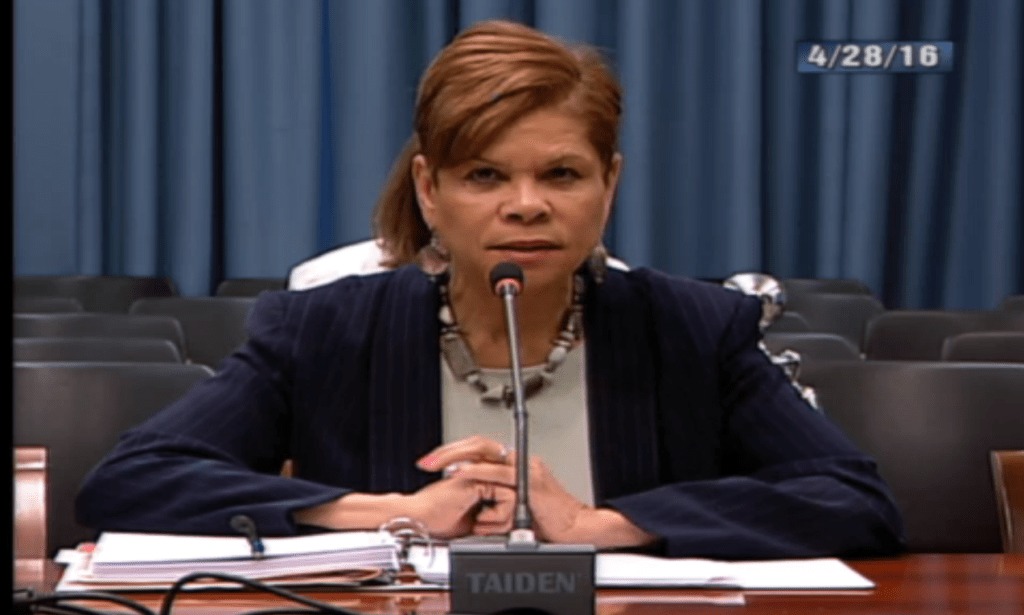During an April 28 budget oversight hearing for the Committee on Health and Human Services, D.C. council members questioned Deputy Mayor of Health and Human Services Benda Donald about enforcement of the city’s homeless encampment protocol and the eligibility requirements for consumers of the Temporary Assistance for Needy Families (TANF) program, among other issues.
Donald spoke briefly to the ongoing homeless encampment cleanups, stating that her committee is reviewing proposed changes to cleanup procedures, which were suggested by stakeholders from various homeless advocacy groups.
Her committee and the stakeholders are mostly in alignment, but there are certain issues they will agree to disagree on, according to Donald. She anticipates that a consensus on encampment closure procedures—specifically on what to do with unmarked property— will be finalized within the next several weeks.
“Our practice has been in the last six months … has been to store those belongings if [encampment residents] want them stored,” Donald said. “We have some debate with the advocates if whether or not provisions have been abandoned or there’s no one there to claim them, what should be done.”
During two encampment closures this year—one in Foggy Bottom and another near Union Station—unmarked belongings including tents and other life-saving items, as well as bicycles, were disposed of rather than stored. Camp residents who were fortunate enough to be on-site during the cleanups were able to retain their belongings.
Another debate centered on whether or not the deputy mayor will enforce encampment sweeps during hypothermia season, as was done this past winter. Donald said. “I think there’s some room to reach a good middle ground there.”
TANF eligibility also dominated the conversation.
“I still find myself having to say, too often, that we’ve been too focused on temporary, rather than needy, families,” Ward 1 Councilmember Breanne Nadeau said. “Many of those families want to work, but are faced with TANF requirements [that are] impractical if not completely impossible.”
Those barriers can include illiteracy, mental or physical impairment and potential homelessness, according to Nadeau. “I think, based on our experience here, it’s unreasonable to expect residents facing these barriers to be assigned employment within 60 months.”
Nadeau also argued that it makes no sense to remove the “safety net” that is keeping TANF families secure. She reminded Donald of a bill she introduced in December 2015 that would “prevent families facing extreme hardships from losing assistance through TANF.”
There are several inconsistencies in regards to TANF eligibility in the District, Nadeau said. When pressed about the issue, Donald was unwilling to respond. “I didn’t realize we had inconsistencies there, so I’m probably not prepared,” Donald said. “I’m not the expert on TANF eligibility, and I’m not gonna take a guess on it.”








